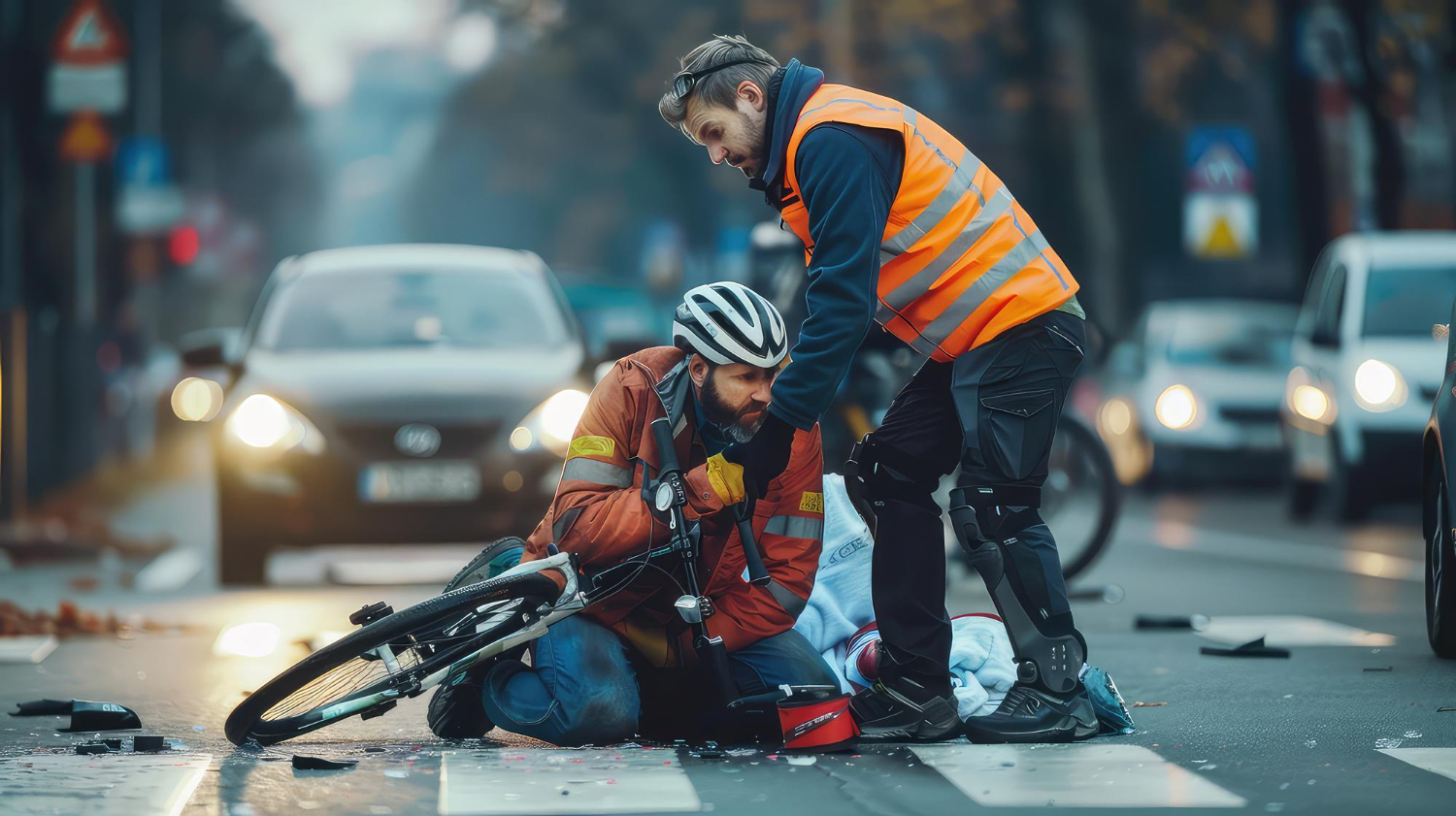What if The At-Fault Party Refuses to Take Responsibility?
If the at-fault party refuses to take responsibility or pay damages for a victim's personal injuries, the victim should take the following steps, according to New York state law –
Continue to Seek Medical Attention – Always make sure that all injuries and treatments are documented and by a medical professional. Medical records are crucial evidence in personal injury cases.
Consult with a Personal Injury Lawyer – A trusted attorney can help evaluate your case, advise you on the best course of action, and handle communications with the at-fault party and their insurance company.
Document the Incident as Completely as Possible – Gather as much evidence as possible from the scene of the accident, including photographs, witness statements, and police reports, with attorney support.
Notify the Relevant Insurance Companies ASAP – Report the accident to your insurance company and the at-fault party's insurance company. Provide them with all necessary information and documentation collected up-to that point. More evidence can be presented as your lawyer continues to gather more evidence of the accident.
Attempt to Negotiate a Settlement Formally – Your lawyer can negotiate with the at-fault party's insurance company to reach a fair settlement. If negotiations fail, further legal action might be necessary.
File a Personal Injury Claim – If the at-fault party's insurance company denies your claim or offers an inadequate settlement, your lawyer can help you file a formal claim against the at-fault party to help reach a settlement.
File a Lawsuit – If a settlement cannot be reached, your lawyer can file a personal injury lawsuit in the appropriate New York court. This involves preparing and filing a complaint outlining the details of the accident, the injuries sustained, and the compensation sought.
Engage in Pretrial Processes – Engage in pretrial discovery, where both parties exchange information and gather evidence. This may involve depositions, interrogatories, and requests for documents.
Attempt Mediation or Arbitration – Sometimes, disputes can be resolved through mediation or arbitration with the help of a neutral third party. These are less formal than a trial and can lead to a quicker resolution.
Go to Trial If All Attempts at a Settlement Fail – If mediation or arbitration fails, the case will, most likely, go to trial. Your lawyer will present your case, and a judge or jury will determine liability and award damages if applicable.
Finally, Collect Damages – If you win the case or reach a settlement, your lawyer will help you collect the awarded damages from the at-fault party or their insurance company.

.jpg)
.jpg)




